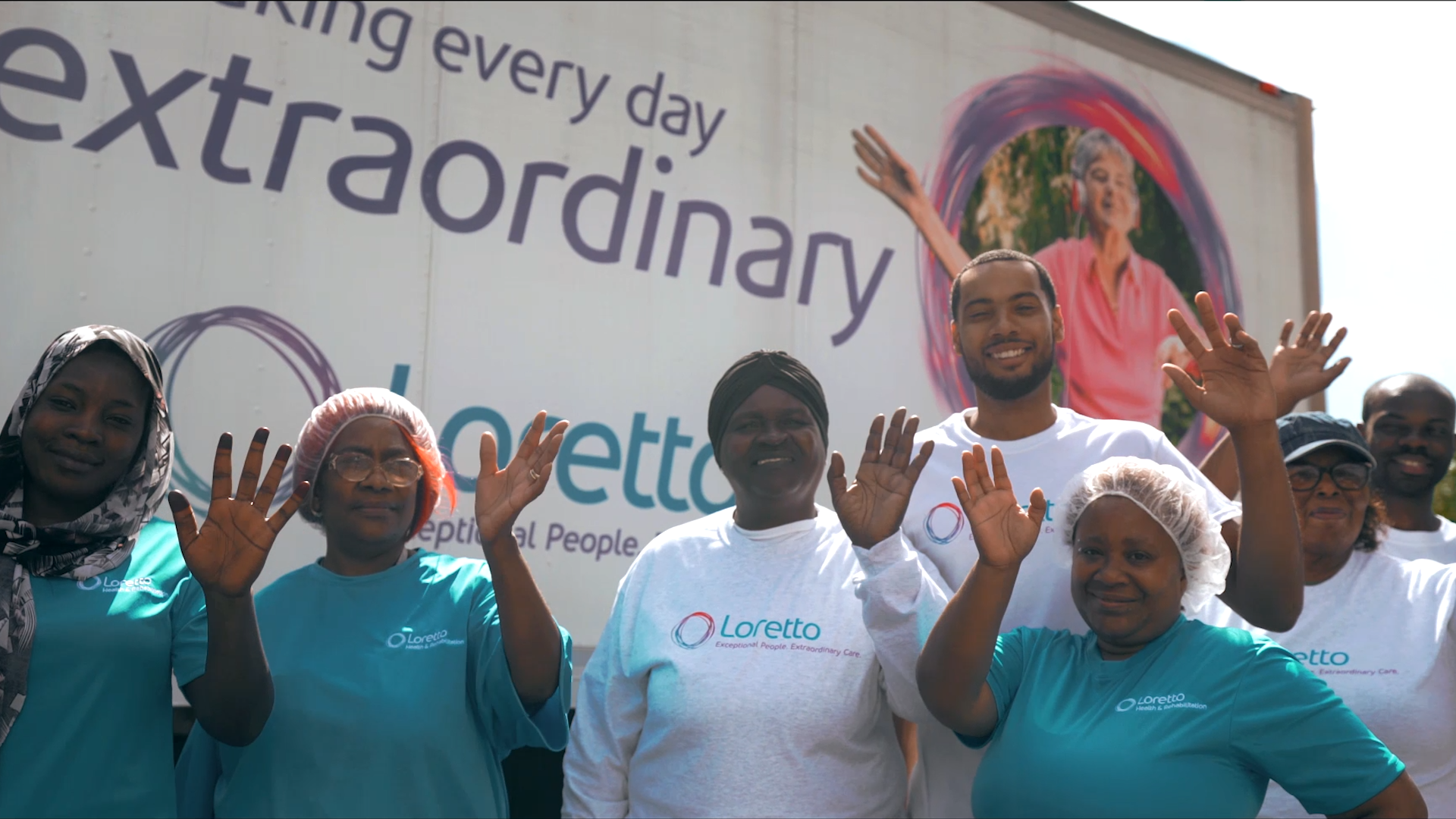Helping Employees See Their Role in Your Mission
You have a mission statement that every leader in the organization has reviewed. Your employee job descriptions are mapped out, and everyone knows their responsibilities. Despite checking the boxes, do you ever feel like something is missing? Maybe it’s a lack of passion, energy or engagement. The truth is that helping employees see their role in your mission is hard work. Where do you start? Here are a few questions to get you started.
When was the last time you revisited your mission statement? Every once in a while, you need to review your mission statement and ensure it still fits the leadership’s vision. Even if it does, are there different words you’d like to add to bring new life to it? Whether you’re part of an organization with a mission statement at the front and center or solely buried in the employee handbook, the mission needs to reflect what you do accurately and be shared and understood throughout the organization. To see my role in a mission, I first must understand the mission as a whole. At Loretto, we stay true to our roots of caring for people, but we are constantly evolving in the sense that patient and resident care is advancing. Our mission is simple – to be a family of exceptional people who care for and about each other.
How do your employees feel about their jobs? Have you asked them? Some of Loretto’s best ideas come from our employees – many of our leadership and educational opportunities. I’ve also uncovered challenges as a result of asking. I’ve heard some of our certified nursing assistants describe their role as “I’m just a CNA.” In my experience, if you, as a nursing assistant, shift from thinking, “I’m just a CNA,” to thinking, “I’m a caregiver providing care for people at a vulnerable point in their lives,” then you are delivering a different kind of care. This mindset also connects their role to Loretto’s mission – “I can provide care to someone who needs my help, as I might do for a family member, and I can do it with excellence.” The attitude of employees can make or break your ability to meet your mission.
Many stop here and wonder – if we have a clearly stated mission that’s true to who we are and employees who don’t have many complaints about their position, what are we missing? I would ask you to consider the following two questions.
What challenges are your employees facing in their personal lives? What could employees’ personal lives have to do with their role in your mission? The answer is a lot more than you think. Suppose I’m struggling to find childcare for my children, experiencing financial hardship, dealing with abuse, working three jobs, and/or experiencing other difficulties. In that case, that takes much of my focus and impacts my capacity to care for others. In business, every problem is a people problem. My advice is to educate yourself on Maslow’s Hierarchy (start with my blog post here) and listen to your employees with curiosity, great interest, and an eye to help.
Is your organization living its mission? At Loretto, if I’m constantly promoting our mission statement, but my focus is on the care of our residents and not the care of employees, then I am missing one-half of our call to serve. If I say we are like a family, but I never ask how employees are doing or involve them in any decision-making, I have lost credibility. The mission must permeate every area of our work – if you have an engaged group of leaders who believe they are game-changers at headquarters but that energy and vision don’t make it to the frontline of care, we’ve missed a great opportunity to make our mission relevant to everyone’s life.
As leaders, we need to dig deeper and determine how we can ensure that people at every level of our organizations get the genuine respect of people around them. Instilling the value of all work—every role— is essential. It can’t be just words. There must be respect and honor behind it. We have to believe it and be prepared to prove that every role matters. Otherwise, we fall short of encouraging each person to be all they can be with our mission, to the detriment of our organizations.

